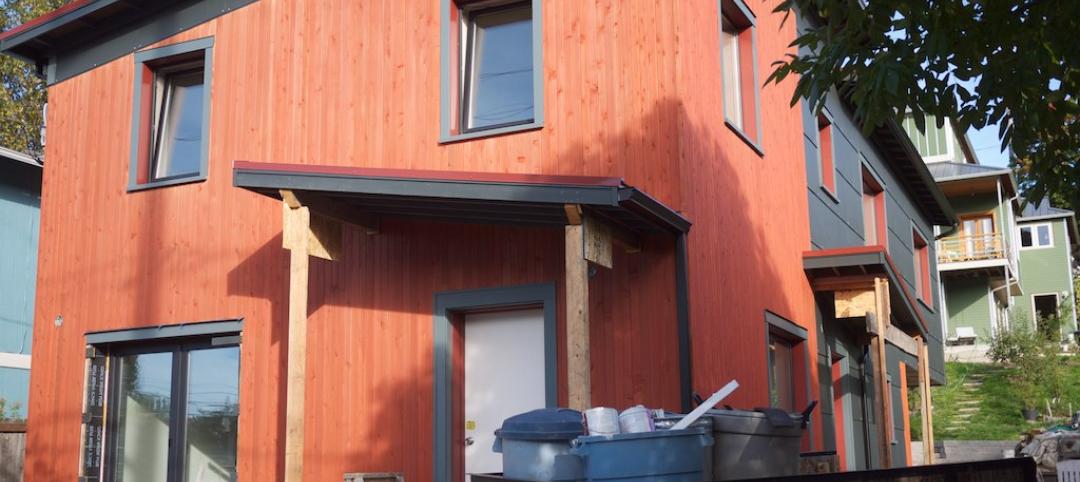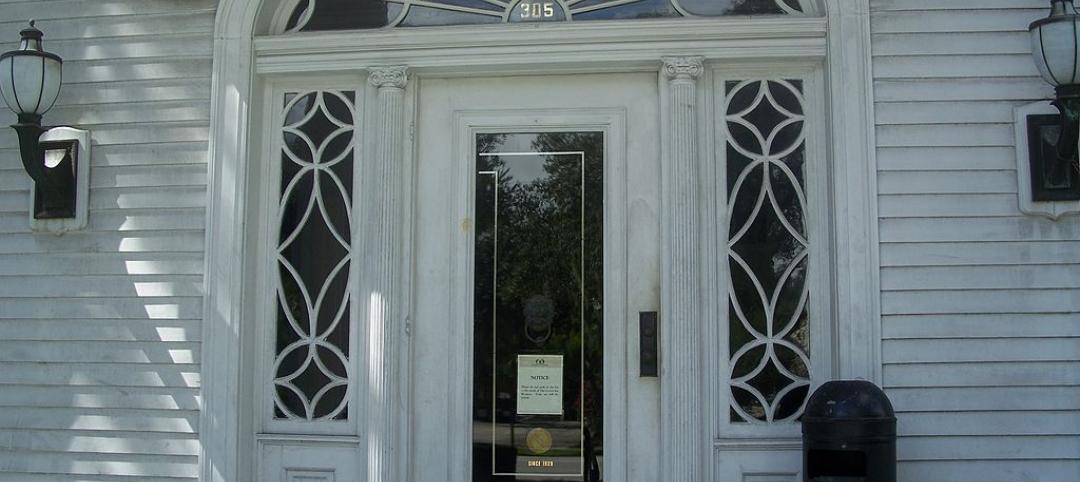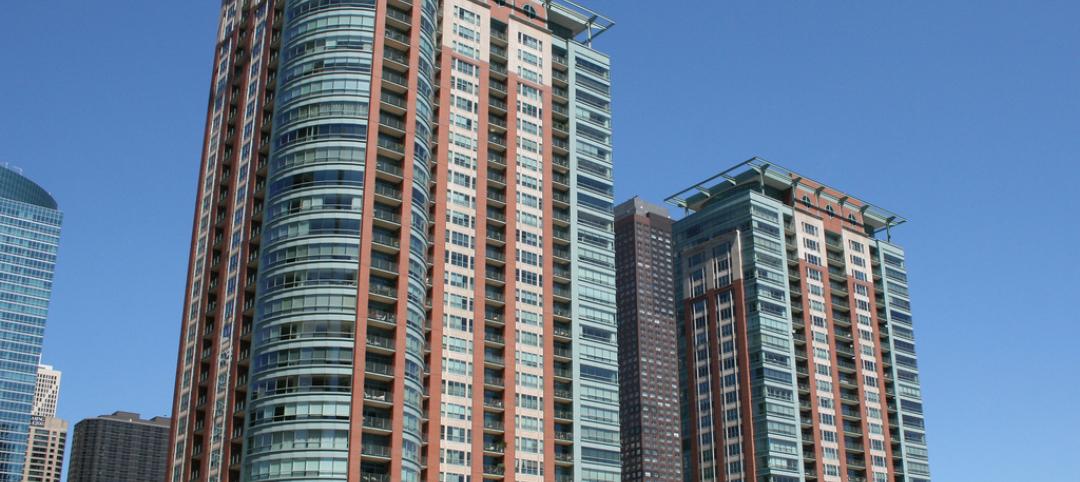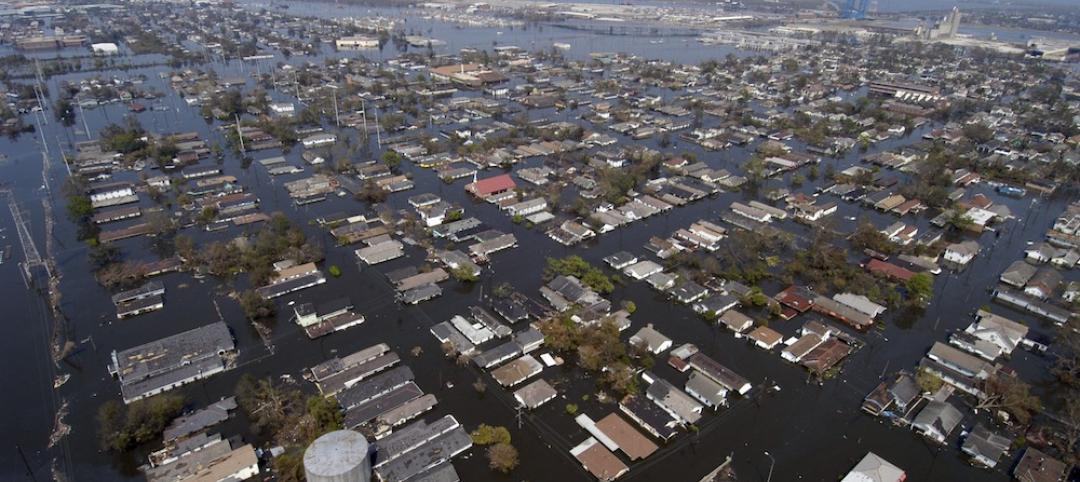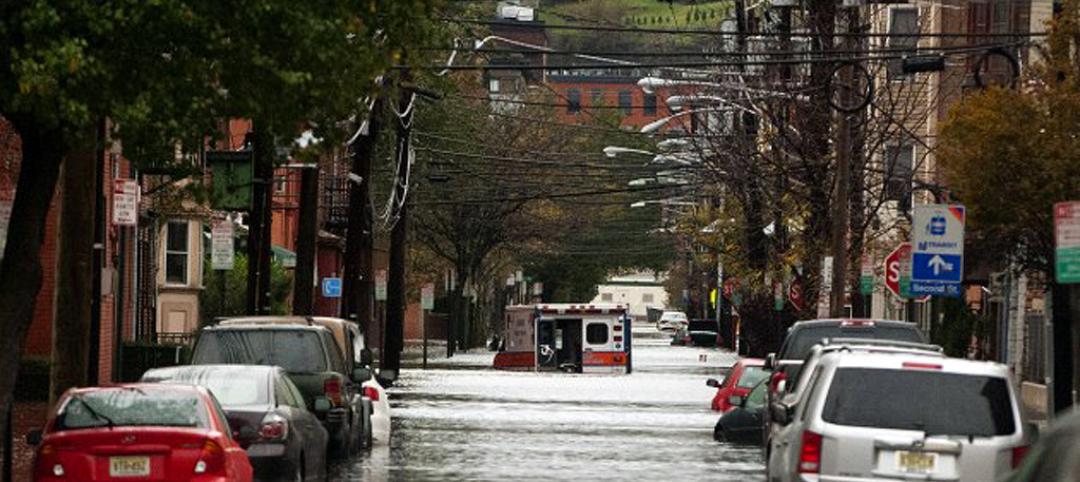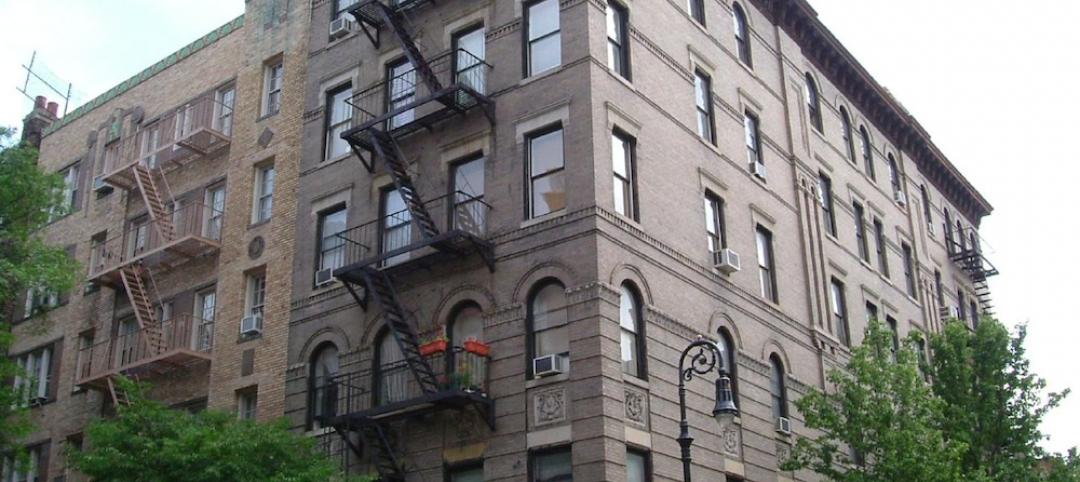The construction industry and real estate development could be hampered by the U.S. Congress’s failure to renew the Terrorism Risk Insurance Act (TRIA).
Insurance industry experts say without federal terrorism reinsurance in place for 2015, resulting canceled property/casualty insurance coverage and market chaos could be disruptive to the economy.
"A major terrorist attack occurring without a TRIA law on the books will be far more disruptive to the U.S. economy than one where TRIA is in place," saidInsurance Information Institute President Robert Hartwig. “Terrorism insurance policies are going to lapse in 2015, and insurers will be under no obligation to renew them, adversely impacting the construction, energy, and real estate industries, among others.”
Federal terrorism reinsurance had helped stabilize the market in the wake of the Sept. 11, 2011 terrorist attacks, and it had been renewed several times since. There was widespread bipartisan support for TRIA renewal, but retiring U.S. Sen. Tom Coburn, an Oklahoma Republican, held up passage. Coburn objected to a measure included in the bill that would have set up the National Association of Registered Agents and Brokers, an entity that would have potentially bypassed state regulators.
One positive sign: A.M. Best said it “has determined that no rating actions on insurers previously identified as over-reliant upon [TRIA] are necessary at this time.” The rating agency said it reviewed action plans from insurance carriers addressing what they would do if TRIA was not renewed and concluded that “sufficient mitigation initiatives were developed to avoid a material impact on a rating unit’s financial strength.”
(http://www.insurancejournal.com/news/national/2014/12/18/350561.htm)
Related Stories
Energy Efficiency | Aug 28, 2015
North American Passive House Network e-book explains Passivhaus, net-zero techniques
Free guide includes spotlight on individual projects
Windows and Doors | Aug 28, 2015
Newly formed group challenges Florida building code
Window, door companies oppose provisions that raise costs
Codes and Standards | Aug 28, 2015
New Orleans becoming a model for climate resilience only 10 years after Katrina
The city has moved ahead with resilience strategies that may become a model for other communities
Codes and Standards | Aug 21, 2015
Illinois governor vetoes bill that would restrict condo owners’ rights
Bill would have made it harder to sue for building flaws
Codes and Standards | Aug 21, 2015
Post-Katrina roofing codes creating more resilient buildings on Gulf Coast
Ten years after storm, notable progress on stronger roofs, IBHS says
Smart Buildings | Aug 21, 2015
Federal Alliance for Safe Homes offers plan to strengthen codes for disaster resilience
Some states losing ground on resilience, group says
Codes and Standards | Aug 21, 2015
After disease outbreak, ASHRAE legionella standard adopted in New York
City Council acts after 12 die of legionellosis
Codes and Standards | Aug 13, 2015
Research indicates major earthquake looming for Pacific Northwest
Most structures built before seismic codes instituted; extreme damage predicted
Codes and Standards | Aug 13, 2015
New York City may allow affordable housing developers to ‘double dip’ in subsidies
New York City may allow affordable housing developers to ‘double dip’ in subsidies
Codes and Standards | Aug 13, 2015
L.A. considers controversial traffic calming measures
Goal is to encourage alternative transportation



